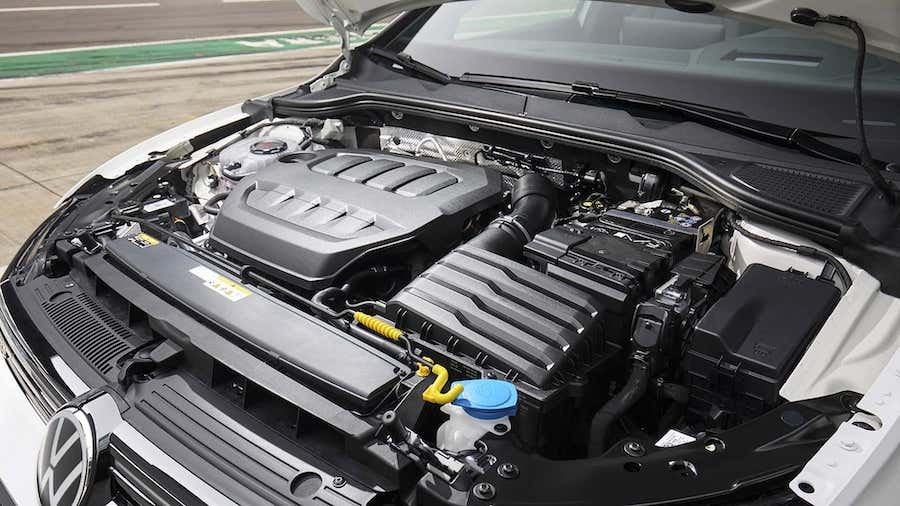VW Will Spend Billions of Its EV Development Budget on Gas Engines

It's fair to say the transition to EVs isn't going as some automakers had projected. Several car manufacturers are delaying their lofty goals to become purely electric in the foreseeable future. Just last y, Volkswagen estimated that EVs would account for as much as 80 percent of annual sales in Europe by the end of the decade. The so-so reception of ID models has prompted VW to revise its strategy.
Of the €180 billion ($196 billion) set aside in 2023 primarily for next-generation EVs, the German brand will now use one-third to continue the development of combustion engines. The announcement comes from Arno Antlitz, the Chief Financial Officer and Chief Operating Officer at the Volkswagen Group. The company intends to spend roughly €60 billion ($65 billion) to "keep our combustion cars competitive."
Speaking at an event held by Reuters in Munich, the CFO and COO added that "the future is electric, but the past is not over. It is a third and it will stay a third." It's a stark departure from the previous plan announced in late 2022 to build and sell only electric cars in Europe from 2033.
Last year, VW brand boss Thomas Schäfer referred to ICE as being "old technology" in the context of e-fuels. He described the discussions surrounding synthetic fuels as being nothing more than "unnecessary noise." That's despite the fact fellow VW Group brand Porsche is actively involved in producing synthetic fuel at a factory in Chile.
Other high-end marques from the VW empire are also keeping a close eye on how sustainable fuels evolve. Bugatti is even thinking of designing fuel stations that could be installed at the owner's home and filled up with synthetic fuel. Lamborghini believes the combustion engine could be saved by making it run on something other than fossil fuels. Bentley is also exploring nearly carbon-neutral fuels.
Speaking of the Crewe-based marque, Bentley has pushed back its objective to become EV-only by 2030, delaying it by three years. Similarly, Ford no longer thinks it can go entirely electric in Europe by 2030. Aston Martin recently reversed course as well and will continue to produce cars with combustion engines into the next decade.
It's clear that more and more car companies are reevaluating their EV strategies as people aren't willing to let go of ICE just yet. Automakers are in quite a predicament because emissions regulations are getting tighter, requiring investments to make gas engines run cleaner. At the same time, the electric offensive from China is a cause for concern for global players.
Verwandte Nachrichten
